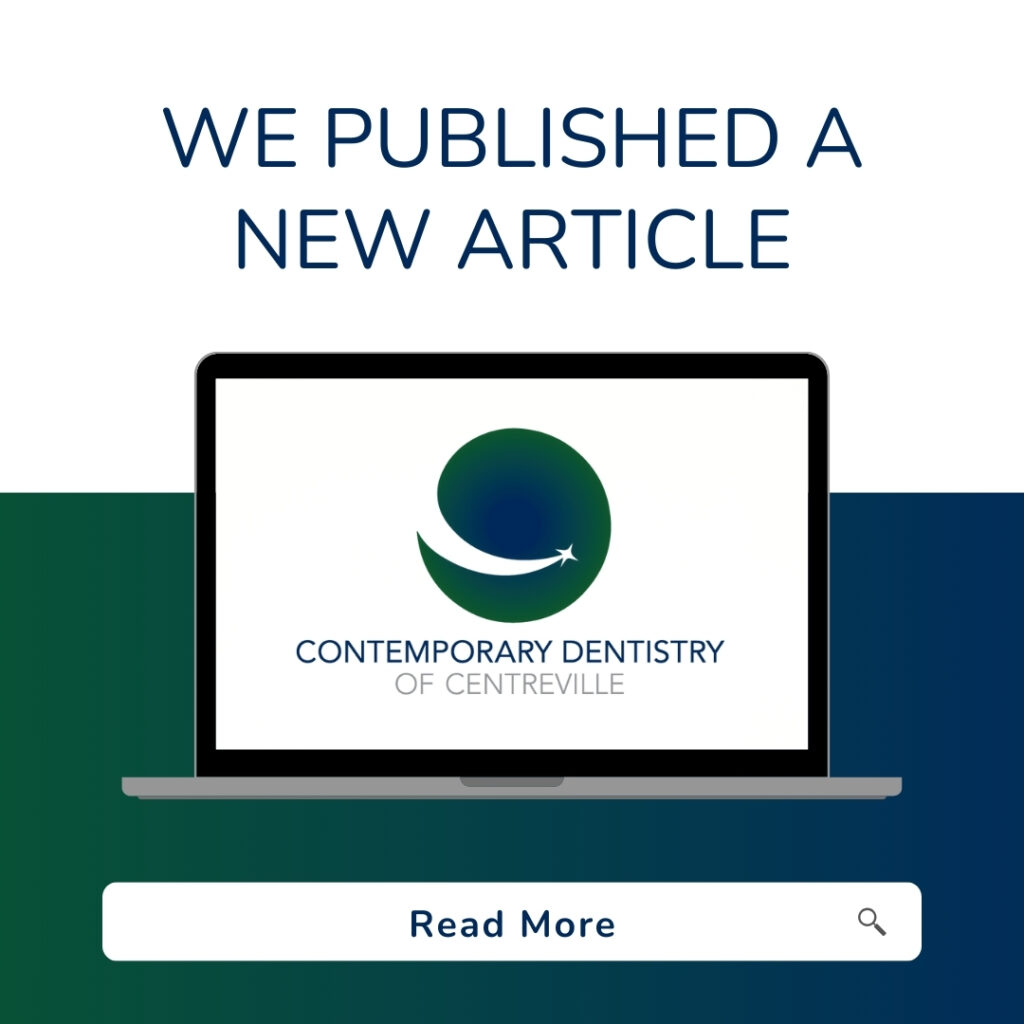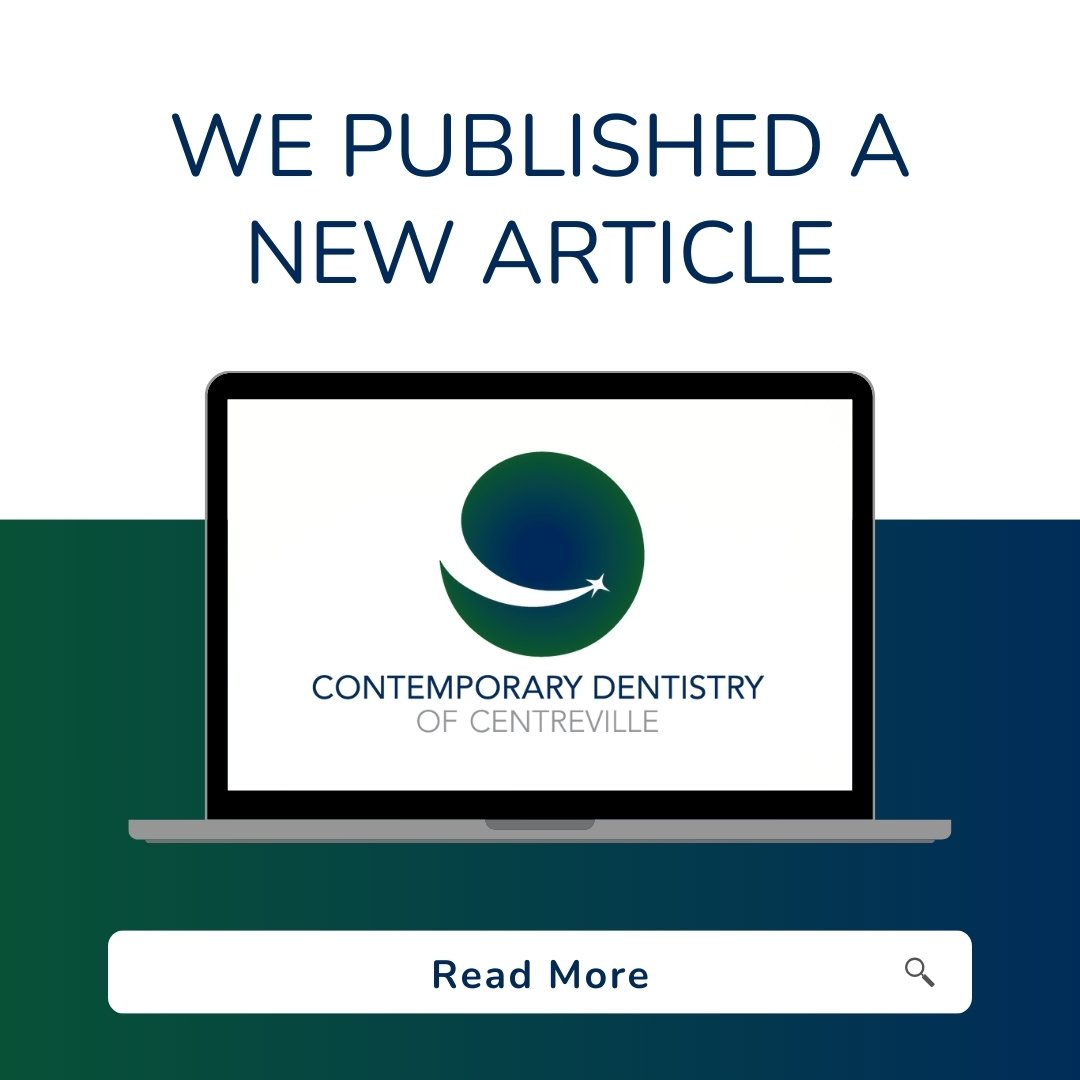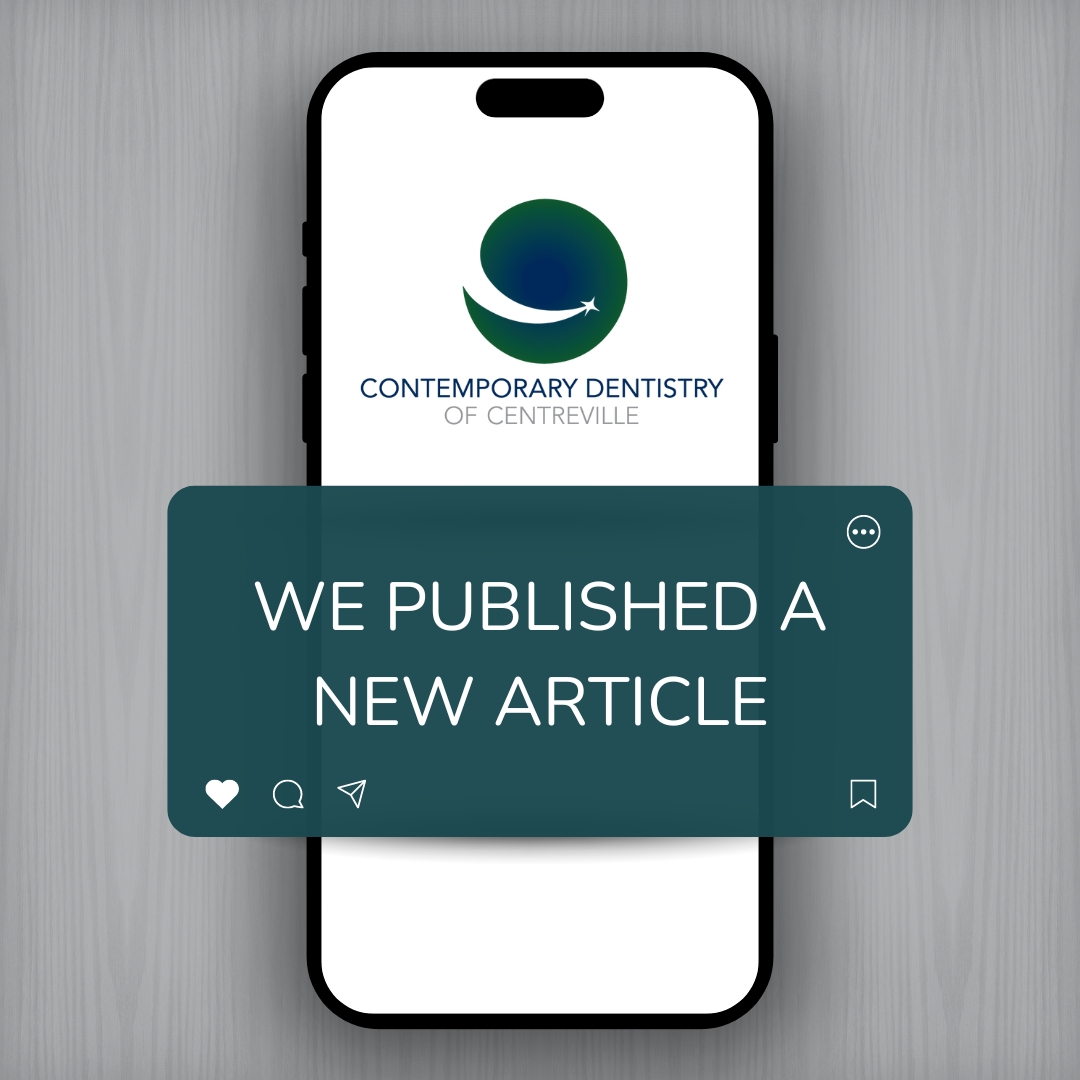
Understanding Wisdom Teeth
Wisdom teeth, also known as third molars, are the final set of molars that typically emerge between the ages of 17 and 25. Despite their name, these teeth are not associated with wisdom but rather with the later stages of adolescence and early adulthood. At Contemporary Dentistry of Centreville, we often address concerns related to these often troublesome teeth. Let’s explore why wisdom teeth are significant and how they can impact your oral health.
The Evolutionary Role of Wisdom Teeth
Wisdom teeth were crucial for early humans who needed additional molars to chew a diet rich in tough, fibrous plant material and raw meat. Their larger jaws accommodated these extra teeth, which helped in grinding down food. As human diets evolved and jaws became smaller, wisdom teeth became less necessary. Consequently, some people no longer develop these molars, while others may experience complications. Studies suggest that about 85% of people with wisdom teeth will eventually require removal.
Current Research and Wisdom Teeth
Advancements in dental research have uncovered that wisdom teeth can be a source of valuable stem cells, leading to discussions about preserving them after extraction. Researchers are also exploring methods to prevent the development of wisdom teeth altogether, potentially reducing future complications.
Common Problems Associated with Wisdom Teeth
Modern human jaws are often too small to accommodate the additional molars, leading to a range of issues:
- Crowding: Wisdom teeth can push against neighboring teeth, causing alignment problems and cosmetic concerns.
- Impaction: When wisdom teeth do not have enough space to erupt properly, they can become impacted, leading to pain, swelling, and discomfort.
- Difficulty Cleaning: Positioned at the back of the mouth, wisdom teeth are challenging to clean, increasing the risk of infection and decay.
Due to these potential issues, dentists frequently recommend the removal of wisdom teeth, especially if they are impacted or causing problems.
Recognizing Problems with Wisdom Teeth
Often, issues with wisdom teeth are detected during routine dental check-ups. However, if you experience symptoms such as jaw pain, swollen or tender gums, or an unusual taste in your mouth, it’s essential to consult with your dentist promptly.
At Contemporary Dentistry of Centreville, we are equipped to evaluate your wisdom teeth and provide personalized recommendations. If you have concerns about your wisdom teeth or wish to schedule a consultation, please reach out to our office. We are here to help ensure your dental health remains in top condition.
Contact Us Today
For expert advice on wisdom teeth and other dental matters, contact Contemporary Dentistry of Centreville. Our team is committed to providing quality care and addressing all your dental needs.











